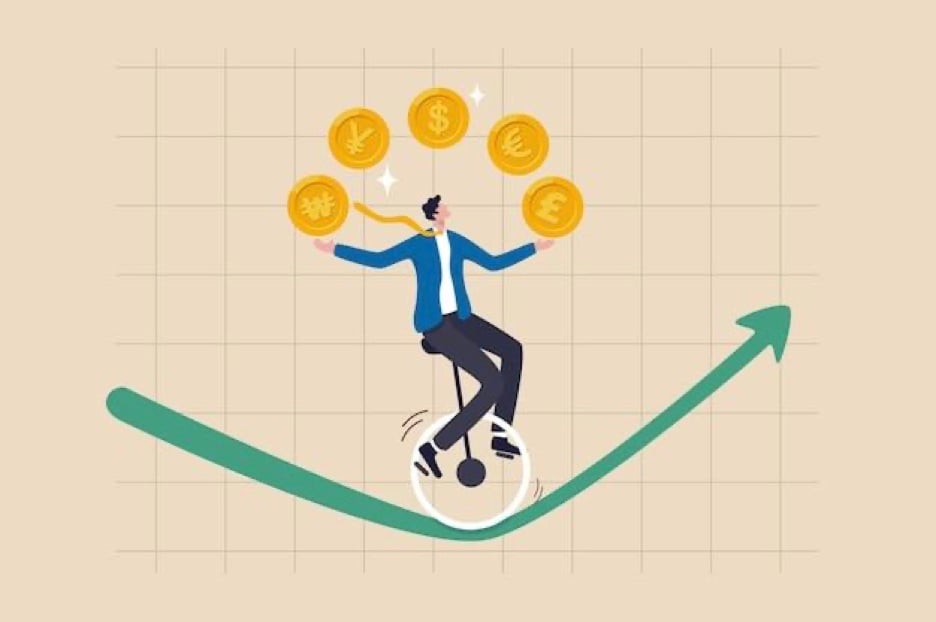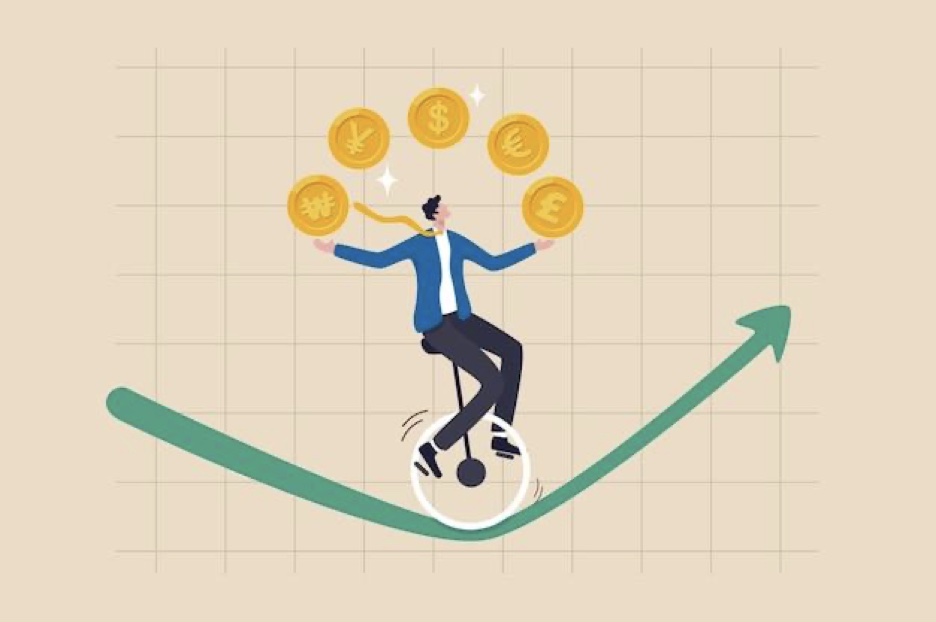
The economy is no stranger to fluctuations. Among these fluctuations, one of the most impactful is inflation. Inflation refers to the gradual increase in the cost of goods and services over time, impacting your purchasing power. As of late, inflation has been the topic of many financial discussions, leaving many to wonder how to weather this economic storm. This comprehensive guide aims to help you understand inflation, its causes, and how to protect your finances during periods of high inflation.
Understanding Inflation
Inflation’s impact is widespread, affecting everything from the prices of everyday commodities to interest rates and investment strategies. Hence, it is crucial to understand what inflation is and how it works before tackling its effects.
Causes of Inflation
Inflation can be triggered by a variety of factors. A sudden economic boom can lead to increased consumer spending, resulting in businesses running short of their stock. The remaining stock becomes more valuable, causing prices to rise. On the other hand, factors outside the economy, such as inadequate production of essential commodities or major world events disrupting supply chains, can lead to inflation.
Inflation and Interest Rates
Interest rates and inflation are closely linked. The Federal Reserve uses interest rates to manage U.S. economic activity. During high inflation, the Federal Reserve is likely to raise interest rates, making borrowing money more expensive. This strategy can slow down consumer and business spending, eventually leading to a drop in prices.
Practical Strategies to Weather Inflation
Now that we have a basic understanding of inflation, let’s look at some practical strategies to weather inflation.
Budgeting
Regularly reviewing your budget becomes even more critical during periods of high inflation. By updating your budget, you can identify unnecessary expenses and find ways to decrease spending on non-essentials. This can free up extra money for essential expenditures that may have risen due to inflation.
Spending
Flexibility is key when it comes to spending during inflation. If your favorite brands are becoming too expensive, try the store brand. Use store loyalty programs and coupons to save on necessary expenses. Also, avoid making major purchases like a new car or expensive home renovations until inflation eases and prices drop.
Saving
Your savings play a crucial role in buffering against the rising costs brought on by inflation. Therefore, continually setting money aside for emergencies is more important than ever. Also, take full advantage of the rising interest rates that generally accompany high inflation. For instance, consider opening a high-yield savings account that offers a better return than a typical savings account.
Investing
If you’re already investing, you can generally continue with your current strategy, particularly when it comes to retirement accounts. However, diversifying your investments can allow you to spread risk more evenly across your financial portfolio. For example, if the value of a high-risk stock you own plunges, you will have more stable investments, like bonds, to absorb some of the blow.
Dealing with Debt During Inflation
As the Federal Reserve raises interest rates, so do rates on revolving credit. This is among the chief reasons it’s an awful idea to attempt to weather high inflation by putting recurring expenses on a credit card and worrying about them later. Paying debt down, or off, is always a good scheme, but never more than now.
Modifying Investment/Savings Strategies
During high inflation, it might be worthwhile to tweak your investment and savings strategies. For instance, try stashing money into your company’s 401(k). If your employer offers a match, invest at least enough to take full advantage of that. If your budget is still in the black after meeting the match, and your investing horizon is well in the distance, sock away even more.
Other Strategies and Tactics
There are other strategies and tactics you can use to weather inflation. For instance, have a fresh look at your employer’s benefits guide. You may be missing out on any number of company-subsidized perks, from gym memberships and child care to financial planning and discounts on entertainment, dining out, car buying, and even tuition reimbursement.
Conclusion
Inflation may sound daunting, but with the right tools and strategies, you can successfully navigate through this economic storm. Remember, the key to weathering inflation lies in understanding the phenomenon, reviewing your budget regularly, being flexible with your spending, continually saving, and tweaking your investment strategies as needed.









